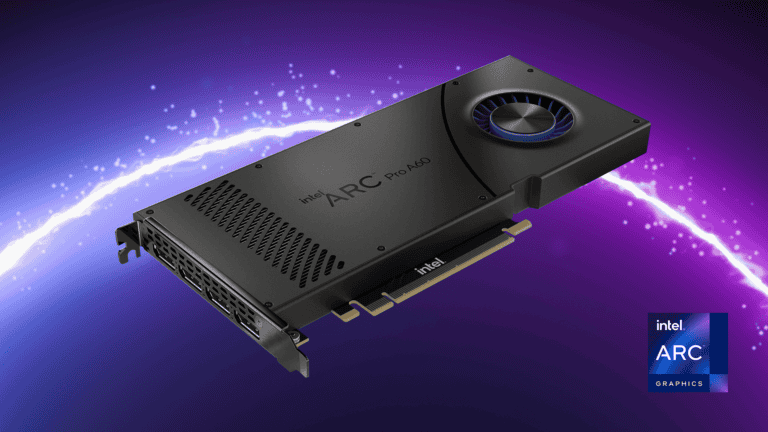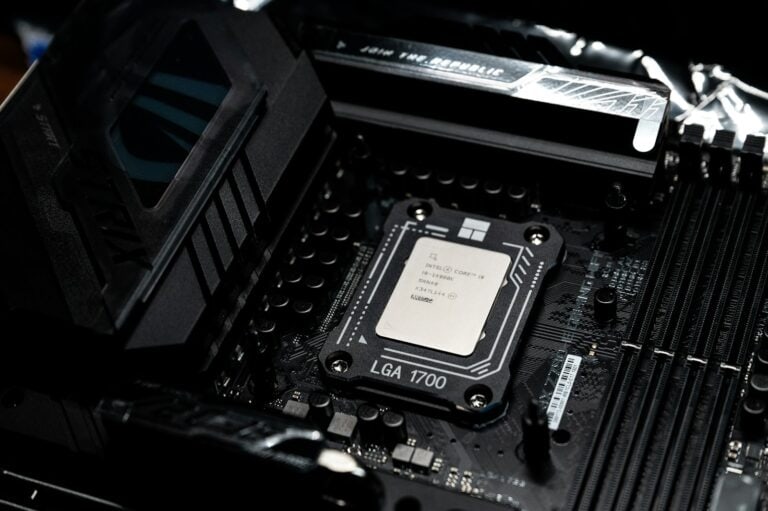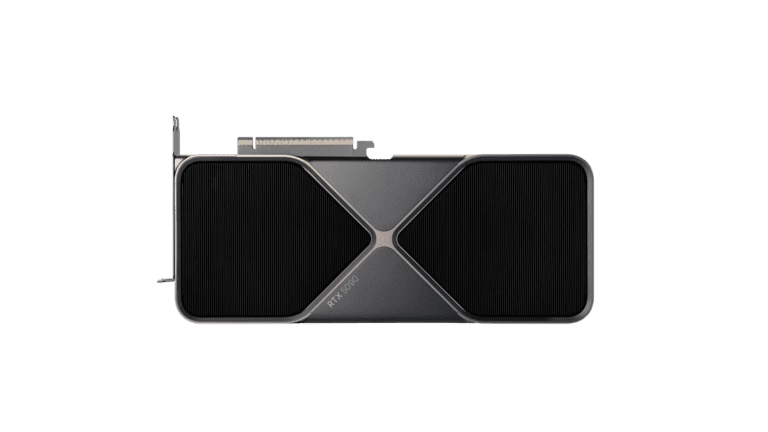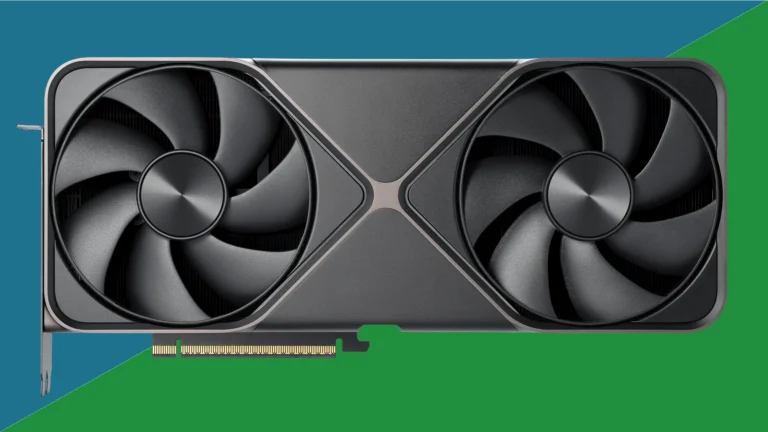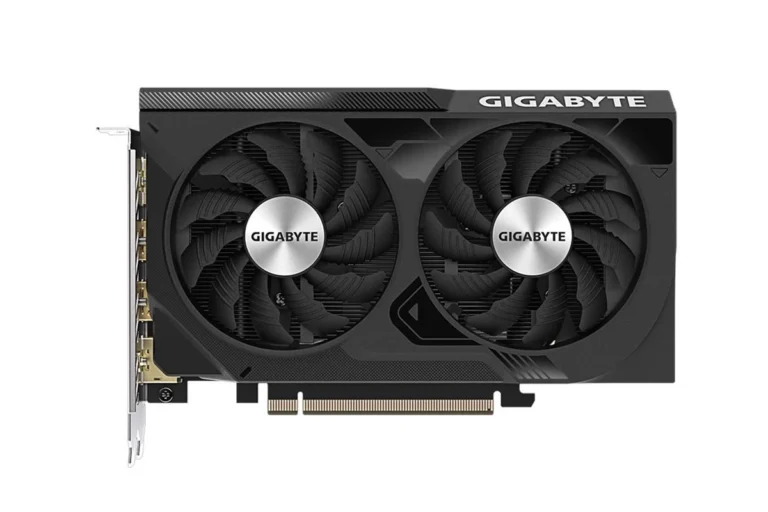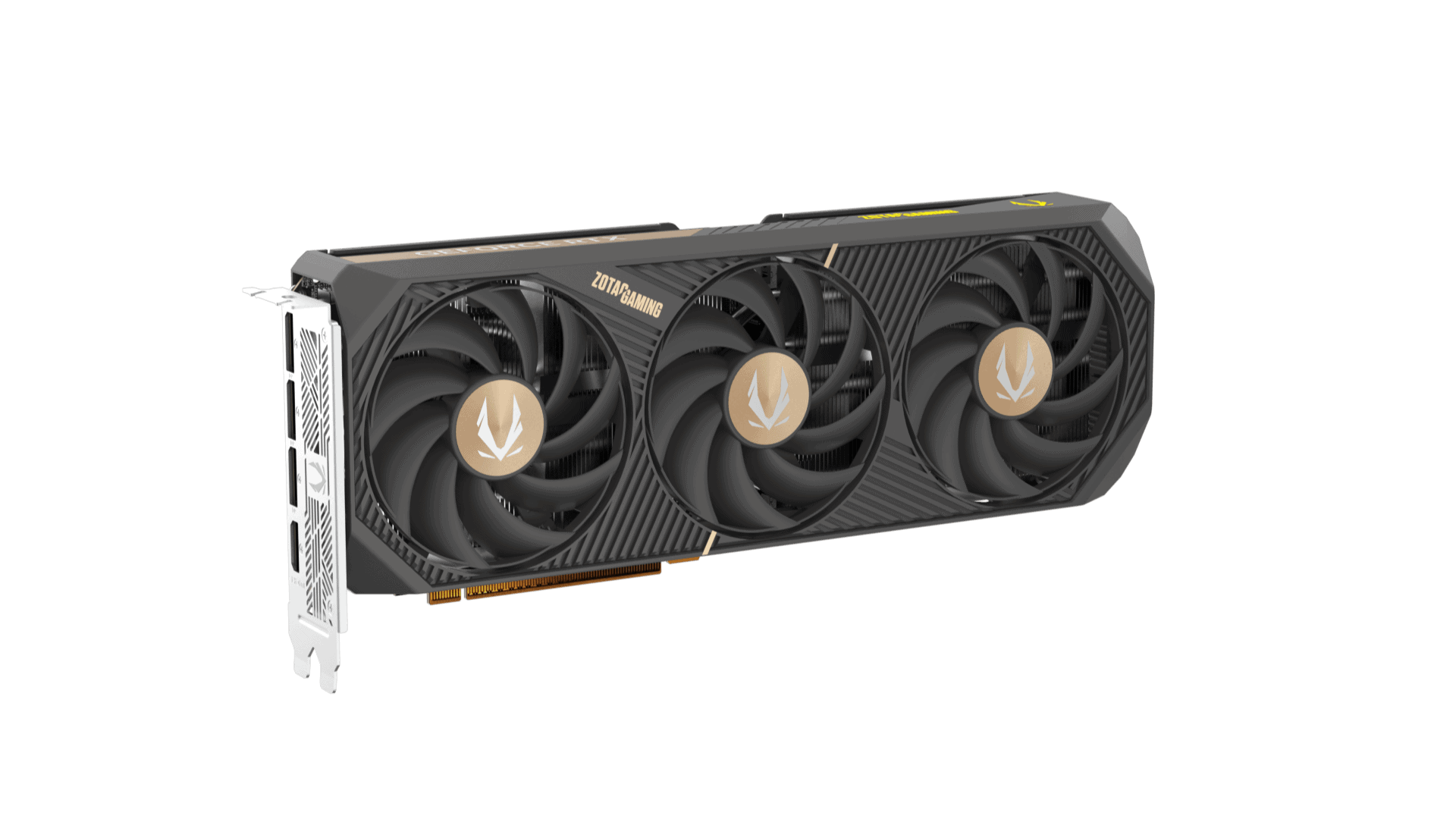
NVIDIA has introduced its GeForce RTX 5070 series at CES 2025, prompting many buyers to rethink their options. This new technology is changing what a gaming GPU can do. Those who want a powerful yet affordable option might find the RTX 5070 to be a great choice, especially as it works well with future AI applications and other graphics technologies. While some in the tech community discuss whether the RTX 5070 offers good value or just serves as a temporary solution, one thing is clear: the future of gaming and content creation looks very promising.
RTX 5070: Performance Expectations and Value Proposition
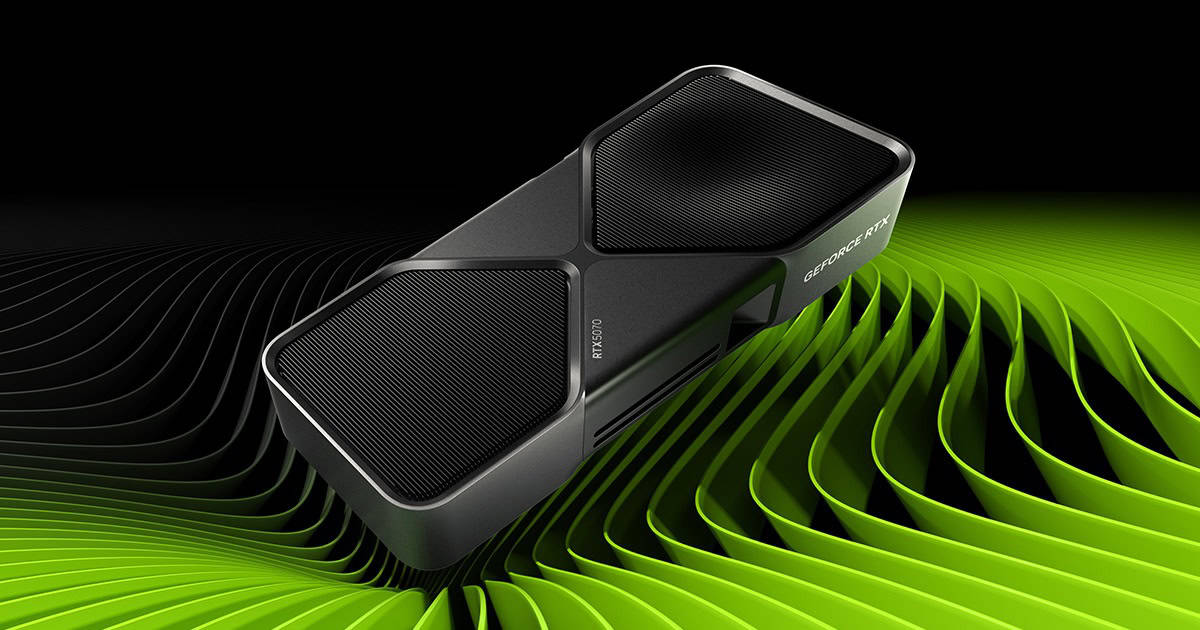
Expected Performance Boost
The RTX 5070 is likely to bring a nice performance jump over the RTX 4070. Leaks suggest a modest increase in CUDA cores, but the big changes are expected in architecture, clock speeds, and memory. GDDR7 memory will give it a big bandwidth advantage. This means smoother gameplay at high resolutions and better performance in demanding games. We’re looking at a card that should easily handle ray tracing and other advanced graphics features.
Price and Competition
The price of the RTX 5070 will play a huge role in its value. If it launches at a similar price point to the RTX 4070, it will be very competitive. However, if it’s priced too high, it might not be as appealing. AMD’s upcoming GPUs will also influence the market. A strong competitor from AMD could force Nvidia to price the RTX 5070 more aggressively.
Key Specifications Compared
| Specification | RTX 4070 | RTX 5070 (Rumored) |
|---|---|---|
| CUDA Cores | 5,888 | 6,144 |
| Memory | 12GB GDDR6X | 12GB GDDR7 |
| Memory Interface | 192-bit | 192-bit |
| Memory Bandwidth | 504 GB/s | 672 GB/s |
| Power Draw | 200W | 250W |
Is It Worth the Upgrade?
For gamers on older cards, the RTX 5070 could be a worthwhile upgrade. The improved performance and features will provide a better gaming experience. If you already own an RTX 4070, the upgrade might not be as necessary, unless you really need the extra performance. It’s best to wait for benchmarks and reviews to make a fully informed decision.
The Impact of GDDR7
The move to GDDR7 memory is a significant upgrade. It offers much higher bandwidth than GDDR6X. This is important for handling the large amounts of data required for modern games, especially at higher resolutions and with ray tracing enabled. GDDR7 should help the RTX 5070 deliver smoother gameplay and better overall performance.
Power Consumption Considerations
With a rumored TDP of 250W, the RTX 5070 will consume more power than the RTX 4070. This means you’ll need a decent power supply in your PC. It also means the card will generate more heat. Make sure your PC case has good airflow to keep the card running cool.
Short Summary:
- The RTX 5070 series offers advanced performance with new AI-driven features.
- Comparisons to older models reveal significant performance gains thanks to DLSS 4.
- Upcoming innovations in AI rendering and concurrent intelligent game mechanics highlight an exciting future.
At the recently held CES 2025, NVIDIA made headlines with the announcement of its newest line of consumer GPUs, the GeForce RTX™ 50 Series. This new generation promises to reshape the landscape of gaming and content creation, sparking discussion among tech enthusiasts regarding the RTX 5070. For many gamers and creators, the question arises: is the RTX 5070 truly a worthwhile investment? The answer, influenced heavily by the advancements in AI technology and performance metrics, appears to be evolving.
“With the launch of the RTX 50 Series, Blackwell architecture stands as a monumental leap in what is possible with consumer graphics processing,” NVIDIA’s founder and CEO, Jensen Huang, remarked during the unveiling. His enthusiasm underscores the significance of the new features embedded within this GPU lineup, particularly the RTX 5070, which offers an attractive price point for considerable capabilities.
One of the most talked-about features of the RTX 5070 is its implementation of NVIDIA’s latest DLSS (Deep Learning Super Sampling) 4 technology. This groundbreaking innovation allows the GPU to utilize AI to generate multiple additional frames, resulting in smoother gameplay experiences without demanding significantly higher computational power. Specifically, the DLSS 4 can create up to three frames for every one rendered, leading to performance boosts that, in some cases, eclipse that of the previous flagship RTX 4090.
“We can’t do computer graphics anymore without artificial intelligence. We compute one pixel, we infer the other 32. I mean, it’s incredible,” said Huang, reinforcing the role of AI in modern graphics rendering.
During CES, testers compared the RTX 5070 with the former powerhouse, the RTX 4090, using the popular title Marvel Rivals as a benchmark. The results highlighted some impressive stats; the RTX 5070 achieved frame rates around 240 FPS, while the RTX 4090 averaged approximately 180 FPS. Although these figures are promising, it’s vital to note that the success was largely attributed to the specific optimizations in Marvel Rivals for DLSS 4’s Multi Frame Generation.
However, it raises further questions: How consistent will this performance be across diverse titles? As expressed by tech experts, not every game will leverage the same optimizations that allow the RTX 5070 to shine so brightly in isolated scenarios. The reality is that on non-optimized games, the difference in performance may not be as drastic.
Moreover, additional details from NVIDIA suggest that the RTX 5070 Ti variant is also receiving an upgrade, potentially featuring enhanced CUDA cores, which could further amplify its capabilities. Yet, this raises the issue of when gamers should decide to upgrade their systems if they currently own an RTX 4000 series card. The decision to hold off or invest now largely hinges on whether individuals prioritize more affordable performance or the newest features NVIDIA brings to the table.
Performance Specifications and Architecture:
The architecture underlying the RTX 50 Series leverages innovations such as the fifth-generation Tensor Cores and a redesign of its RT Cores. These enhancements together allow for unprecedented capabilities in rendering and lighting execution, combined with neural shader technology to yield cinematic-quality visuals in real time.
Among the standout features is the RTX Neural Shaders technology, which allows small AI networks to function within the shading process itself. This technology significantly improves the quality of materials displayed in games, enhancing how lighting and reflections appear, ultimately rendering game environments with much greater realism.
Intelligent Game Mechanics:
The integration of AI isn’t limited to graphics alone. NVIDIA is advancing the realm of autonomous game characters with its NVIDIA ACE technologies. These advancements will allow NPCs (non-player characters) in upcoming games such as KRAFTON’s PUBG: Battlegrounds and InZOI to behave more like human players. For instance, in PUBG, GPUs will enable companions to plan and execute strategies cooperatively with human players.
“The flexibility and responsiveness of AI-driven characters create deeper, more immersive gaming experiences,” highlighted a NVIDIA spokesperson during the presentation.
Future of Creative Workflows:
Beyond gaming, the RTX 5070 series promises to enhance creative workflows, with support for FP4 precision allowing creators to engage in more complex workloads. This includes the ability to run advanced generative AI models locally without overly taxing system resources.
An exciting release in conjunction with the RTX 50 Series is the NVIDIA Broadcast app, which adds new features specifically designed for livestreamers. The new Studio Voice function allows for the enhancement of microphone audio, while Virtual Key Light adjusts lighting conditions for a polished appearance during streams—features that enhance the work of creators significantly.
Availability and Pricing:
The anticipation surrounding the RTX 5070 is palpable, particularly given its competitive pricing. The RTX 5070 is set to retail at $549, presenting a compelling option for gamers seeking performance without breaking the bank. Available in February, it will be accessible alongside the RTX 5070 Ti, expected to launch with a price point of $749.
NVIDIA’s Founders Editions will also be available through direct channels such as nvidia.com and select retail partners. This provides considerable support for those who wish to upgrade their setups without the hassles commonly associated with GPU availability and supply shortages.
The Verdict:
As the landscape of gaming technology evolves, the NVIDIA RTX 5070 series stands out as a remarkable addition to the consumer GPU market. For many, the prospect of upgrading to a GPU capable of significantly outperforming its predecessors for a fraction of the previous cost is enticing. However, potential buyers should consider the nuances of performance across various titles alongside their specific gaming needs.

